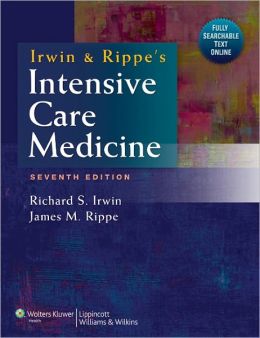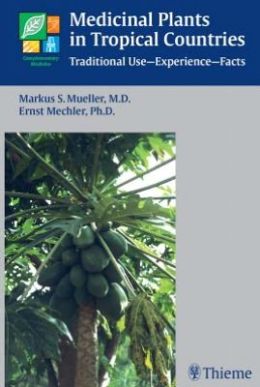-87%
Post-Genomic Cardiology: Unveiling the Genomic Landscape of Cardiovascular Health
In the realm of cardiovascular medicine, the advent of post-genomic technologies has revolutionized our understanding of the intricate relationship between genetic variation and heart health. The second edition of “Post-Genomic Cardiology” by José Marin-Garcia delves into these cutting-edge advancements, exploring their potential to transform therapeutic approaches in cardiology.
Translational Genomics: Unraveling the Genetic Code of Cardiovascular Diseases
Translational genomics has emerged as a groundbreaking tool for identifying disease-causing mutations and developing personalized treatments. Recent advances in next-generation sequencing (NGS) technologies have enabled the rapid and cost-effective sequencing of entire genomes, providing an unprecedented window into the genetic architecture of cardiovascular diseases. By leveraging these technologies, researchers can pinpoint disease-susceptibility variants, unravel complex genetic interactions, and identify novel targets for drug development.
Bioinformatics: Deciphering the Language of Genomics
Bioinformatics plays a vital role in analyzing the vast amount of genomic data generated by NGS. Computational tools allow researchers to process, filter, and interpret genetic information, enabling them to identify patterns and make discoveries that would otherwise be impossible. Advances in bioinformatics have led to the development of databases and software that facilitate the integration and analysis of genomic data, providing crucial insights into disease mechanisms and treatment strategies.
Systems Biology: Integrating Genomics with Cellular Processes
Systems biology takes a holistic approach to understanding cardiovascular health by integrating genomic information with knowledge of cellular processes and regulatory networks. This approach allows researchers to model and simulate complex interactions within the heart, providing a comprehensive view of how genetic variation affects cardiac function. Systems biology has helped elucidate the dynamic interplay between genes, proteins, and pathways, unraveling the intricate mechanisms that underlie cardiovascular diseases.
Epigenomics: Beyond the Genome’s DNA Sequence
The study of the epigenome, which includes chemical modifications to DNA and histones, is a rapidly growing field in cardiology. Epigenetic changes can influence gene expression without altering the DNA sequence itself, providing an additional layer of regulation that can be affected by environmental factors. By understanding the role of the epigenome in cardiovascular diseases, researchers can identify novel targets for therapeutic intervention.
Hap-Map: Exploring the Human Genome’s Diversity
The Hap-Map project, a massive international collaboration, has played a pivotal role in understanding human genomic diversity. By identifying common genetic variations and haplotypes, the Hap-Map has provided insights into disease susceptibility, drug response, and population-specific differences in cardiovascular health. This information has guided the development of personalized medicine approaches that tailor treatments to an individual’s genetic makeup.
Mitochondrial Dynamics: The Powerhouses of Heart Function
Mitochondria, the energy powerhouses of cells, play a crucial role in cardiac health. Recent research has shed light on the dynamic nature of mitochondria, revealing their role in energy production, cell survival, and apoptosis. Understanding mitochondrial dynamics in cardiovascular diseases may pave the way for new therapeutic strategies that target mitochondrial function.
Cardio-Protection: Shielding the Heart from Damage
Cardio-protection refers to strategies that protect the heart from injury and dysfunction during stress or disease conditions. Advances in post-genomic cardiology have helped identify genetic factors that contribute to cardio-protection, such as the role of heat shock proteins and antioxidant enzymes. This knowledge has led to the development of novel cardio-protective therapies that aim to enhance the heart’s resilience against damage.
Cardio-Metabolic Syndrome: Unraveling the Complex Relationship
Cardio-metabolic syndrome is a cluster of conditions that increase the risk of cardiovascular disease and type 2 diabetes. Post-genomic studies have provided insights into the genetic underpinnings of cardio-metabolic syndrome, identifying variants associated with insulin resistance, obesity, dyslipidemia, and hypertension. This information has aided in the development of comprehensive management strategies that target multiple aspects of cardio-metabolic risk.
Translational Studies: Bridging Research and Clinical Practice
Translational studies in cardiology aim to bridge the gap between basic research and clinical application. Post-genomic technologies have facilitated the translation of genetic discoveries into novel diagnostic and therapeutic approaches. Gene therapy, stem cell transplantation, and pharmacological treatments tailored to individual genetic profiles are examples of translational research that are transforming the landscape of cardiovascular care.










Reviews
Clear filtersThere are no reviews yet.